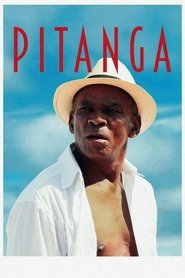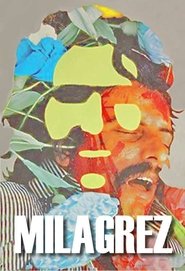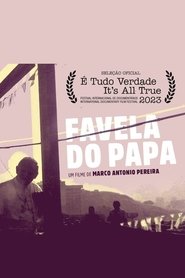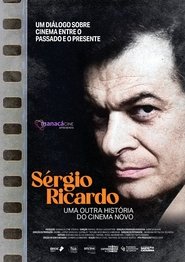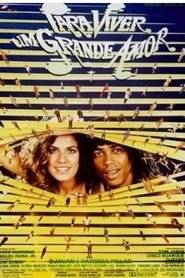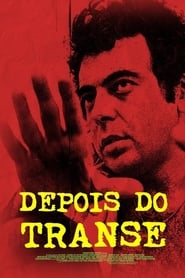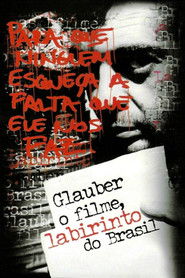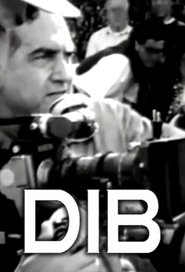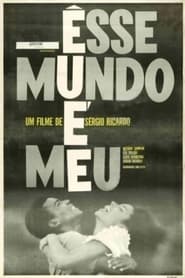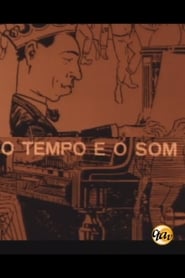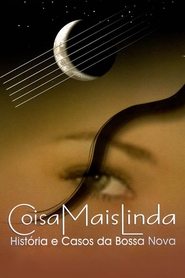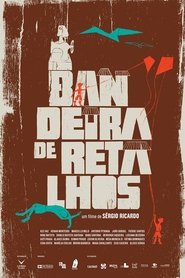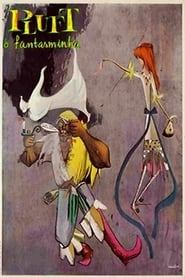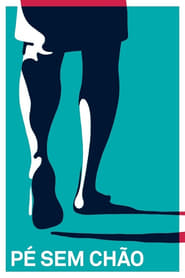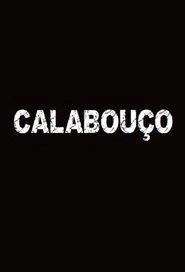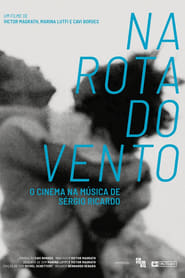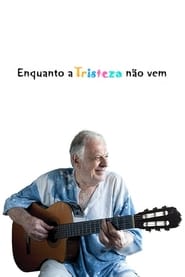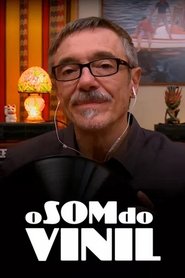Sérgio Ricardo
João Lutfi (18 June 1932 – 23 July 2020), known professionally as Sérgio Ricardo, was a Brazilian actor, musician, playwright and filmmaker, better known for being responsible for the soundtrack of Glauber Rocha's "Deus e o Diabo na Terra do Sol" ("Black God, White Devil"). Born in a Lebanese-Brazilian family in Marília, São Paulo, and brother to famed director of photography Dib Lutfi, João got his stage name from TV businessmen who wanted to rebrand him as a leading man with an iconic name during his early gigs as an actor. He's maily associated with the Cinema Novo (Brazilian New Wave) movement, but stayed active until 2018. During the Cinema Novo days, Ricardo directed short film "Menino da Calça Branca" (1961) and "Esse Mundo É Meu" (1963), his feature-length debut. Among other notorious works in his career as a filmmaker is "A Noite do Espantalho", which shows Ricardo's talent as a polymath by mixing filmmaking with folk music and other elements of Brazilian popular culture, such as "cordel" literature. Ricardo moved to the Vidigal slum, in Rio de Janeiro, by choice in the 1970s, where he lived until his death in 2020. "Bandeira de Retalhos" (2018), his last film, was adapted by a theatre play also written by him and chronicles the life in 1970s Vidigal.
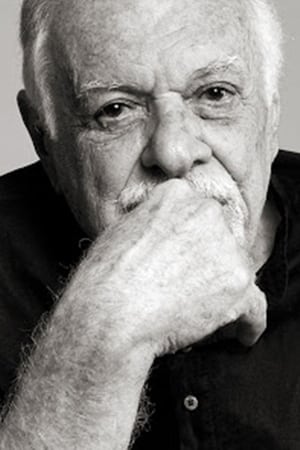
Two Rabbits
as Capanga do Robério 1Edgar is a young upper-middle class man, close to completing 30 years old, he lives a full life...
Movie pagePitanga
as SelfThis documentary investigates the aesthetic, political and existential trajectory of emblematic...
Movie pageMilagrez
as SelfDocumentary on "Antonio das Mortes", Glauber Rocha's 1969 film.
Movie pageFavela do Papa
as SelfThe film shows the resistance movement of the residents of Favela do Vidigal against the removal...
Movie pagePara Viver Um Grande Amor
as Carioca (voz cantando)Poor people who live in the slums in Rio de Janeiro decide to occupy an empty apartment building...
Movie pageA Night in 67
as SelfIn the 1970s, "festivals" were incredibly popular in Brazil, as they were recorded before a live...
Movie pageDepois do Transe
as SelfThe documentary "Depois do Transe" covers the entire process of creating the masterpiece...
Movie pageGlauber Rocha - The Movie, Brazil's Labyrinth
as Self / IntervieweeDocumentary about Brazilian filmmaker Glauber Rocha, one of the most important names in the...
Movie pageDib
as SelfDocumentary that addresses, through the testimony of directors and actors, the work of Dib...
Movie pageEsse Mundo é Meu
as PedroThe film follows two men living in a Rio de Janeiro slum: a black shoe-shiner and a white mill...
Movie pageCoisa Mais Linda - Histórias e Casos da Bossa Nova
as SelfDocumentary about the birth of bossa-nova, in Brazil, and the major stars of this musical style.
Movie pageUn animal doué de déraison
as uncreditedA wealthy French promoter living in Rio tries to seduce Alexandra, a young woman of high...
Movie pageBandeira de Retalhos
as Voz BipeVidigal Hill, 1977. A runaway group of bandits engage in a complex love triangle in the brink of...
Movie pagePluft, o Fantasminha
as uncreditedIt tells the story of a girl being abducted by the evil pirate with a wooden leg.
Movie pagePé Sem Chão
as uncreditedVidigal, Rio de Janeiro. A woman is left desperate and hopeless after she is evicted from her...
Movie pageNa Rota do Vento
as uncreditedIt is a realistic musical documentary, mixing the old and the new, exchanging chronological...
Movie pageZelão
as uncreditedSérgio Ricardo's only animation film, a short made as a companion piece to his song "Zelão".
Movie page
